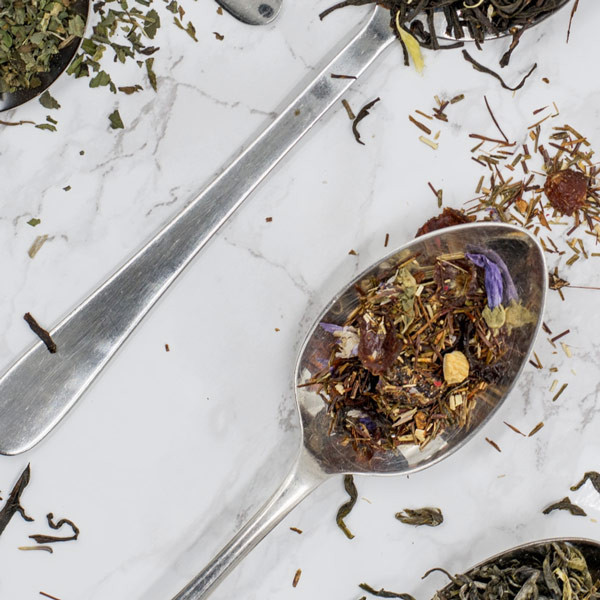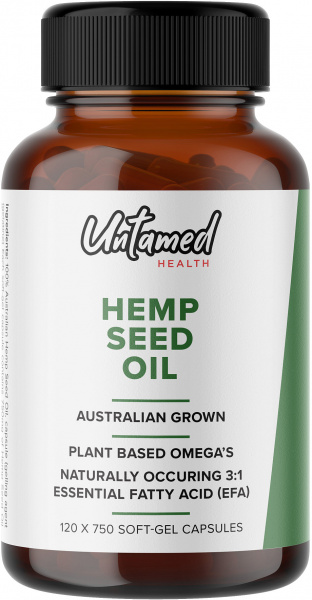Hemp seeds are like the honours student of the superfood world. They're one of the most valuable plant-based protein sources around, have an impressive nutrition profile, a delicious nutty flavour, and may just be the eco-crop that saves the day.

Despite the common connotations associated with the word 'hemp' these seeds are about as likely to get you 'high' as a clump of seaweed. Hemp comes from the Cannabis Sativa plant species and is a completely different variety to marijuana - essentially, it's marijuana's cousin. The two have been cultivated for different purposes – hemp for everything from textiles, paper, and food; marijuana as a hallucinogenic – and hemp contains barely-tracible levels of the psychoactive compound THC (tetrahydrocannabinol).
The label 'superfood' is ostensibly slapped onto just about everything these days, but if any one food deserves this title, it's hemp. Containing more protein than chia or flaxseeds, a perfect ratio of 3:1 essential fatty acids including the difficult-to-find essential fatty acid gamma-linolenic acid (GLA), which is thought to be a powerful anti-inflammatory, and a decent serving of vitamins and minerals including Vitamin D3 – a vitamin no other plant food source is known to contain – there's a lot to be gained from including hemp in your diet.
Here are six reasons why hemp really is the superfood nutrition powerhouse it's claimed to be:
Its all-star protein content
Just one serve (approximately 2 - 3 tablespoons) of hemp seeds contains around 11 grams of protein, making them one of the best plant-based proteins available. Hemp seeds are around 30% protein and contain all 20 amino acids, including nine essential amino acids that our bodies can't produce, so they're considered a complete protein. Hemp is also rich in the high-bioavailability plant protein edestin, which makes up approximately 65% of the protein found in hemp seeds.
It is rich in essential fatty acids
Hemp seeds are around 30% fat; especially abundant are omega-3 and omega-6 fatty acids including gamma-linolenic acid (GLA), an anti-inflammatory essential fat. What makes hemp seeds such a valuable source of fatty acids is their perfect ratio of 3:1 of omega-3 and -6 fatty acids, which is considered within the optimal range for good health, with the best hemp-source for this being hemp seed oil.
Hemp is eco-friendly and sustainable
Ok, this one's not a health benefit but as far as eco-friendly goes, hemp is one miraculous plant. Its environmental and sustainable accolades are considerable. Rivalling cotton for its top spot in the world of textiles, hemp needs about half the water and land cotton does and is very durable, often touted as the fabric that doesn't wear out.
As a crop, hemp is naturally resistant to many pests so can be grown without the need for pesticides or herbicides, it is considered carbon negative due to its CO2 sequestration, and requires minimal water compared to most crops. Furthermore, hemp isn't fussy about its growing conditions thriving in tightly-packed fields and in a variety of soils and temperatures with a high-yield rate.
Hemp can even be made into 'hempcrete' to build carbon-neutral buildings. Perhaps most surprisingly, hemp seed oil has been found to be a viable bio-fuel option according to a 2009 study from the University of Connecticut.
Hemp seeds are good for gut health
Whole hemp seeds are high in both soluble and insoluble fibre, which can help promote good digestion and healthy bowel habits. Forming a gel-like composite in the gut, soluble fibre is an important supply of nutrients for gut bacteria. Insoluble fibre adds bulk, assisting food to pass through the gastrointestinal tract. This high fibre content also means hemp foods can help you feel full for longer. Hemp seeds are considered one of the more easily digested high-protein foods thanks to their high content (65%) of the protein edestin, which is easily absorbed and has been shown to aid digestion.
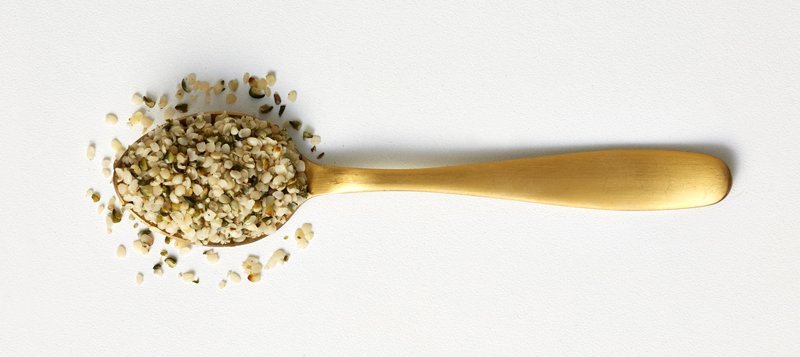
Hemp's packed with vitamins and minerals
The literal definition of 'superfood' is a nutrient-rich food, and hemp certainly fits the bill. Hemp seeds are a good source of vitamins and minerals including vitamins E & D3, phosphorus, potassium, sodium, magnesium, calcium, iron, and zinc just to name a few. Hemp is the only known plant source of Vitamin D3, essential for good bone health and typically derived from exposure to sunshine.
Hemp is good for your skin
Studies have shown that, when consumed, hemp seed oil can help relieve dry skin and calm inflammation caused by skin conditions such as psoriasis and eczema due to alterations to fatty acid profiles in the blood. Additionally, hemp seed's gamma-linolenic acid acts as a powerful anti-inflammatory while also promoting skin growth and cell regeneration. This is particularly beneficial for skin conditions such as acne and psoriasis, which cause irritation and inflammation of the skin.
If your interest has been piqued, here's a look at some of the best ways you can include hemp in your diet:
Hemp seeds: Sprinkle on just about everything, from cereal to salads and everything in between. Stir through yogurt for a nutty flavour and nutritional boost, add to muesli, blend into a smoothie, or make a delicious vegan pesto.
Hemp seed oil: Due to the fragile omega fatty acids, hemp seed oil should only be used as a finishing oil to preserve the nutritional content. Drizzle over avocado toast, pasta, or add to salad dressings.
Hemp protein powder: As a protein powder hemp is super versatile. You can add it to smoothies, pancakes, and cookies, or make these scrumptious-looking raw Vegan Hemp Protein Bars.
Do you use hemp foods in your diet?
Let us know your favourite ways to eat this superfood in the comments below.
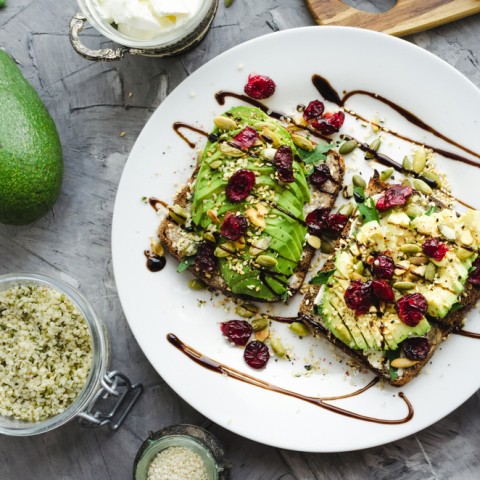
Love Health?
From recipes, trends and discounts, expect great things via email this month.
More Great Reads!
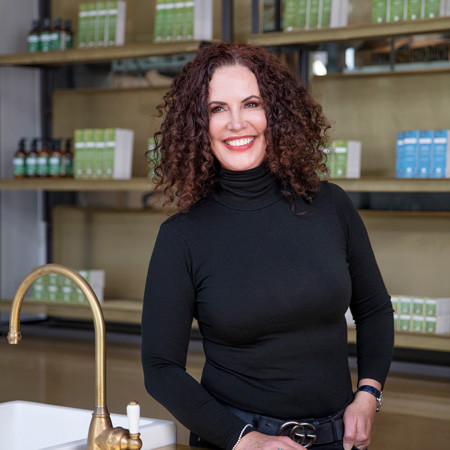
Behind The Brand: Antipodes
Recipes We Love!

Clever Cookies







